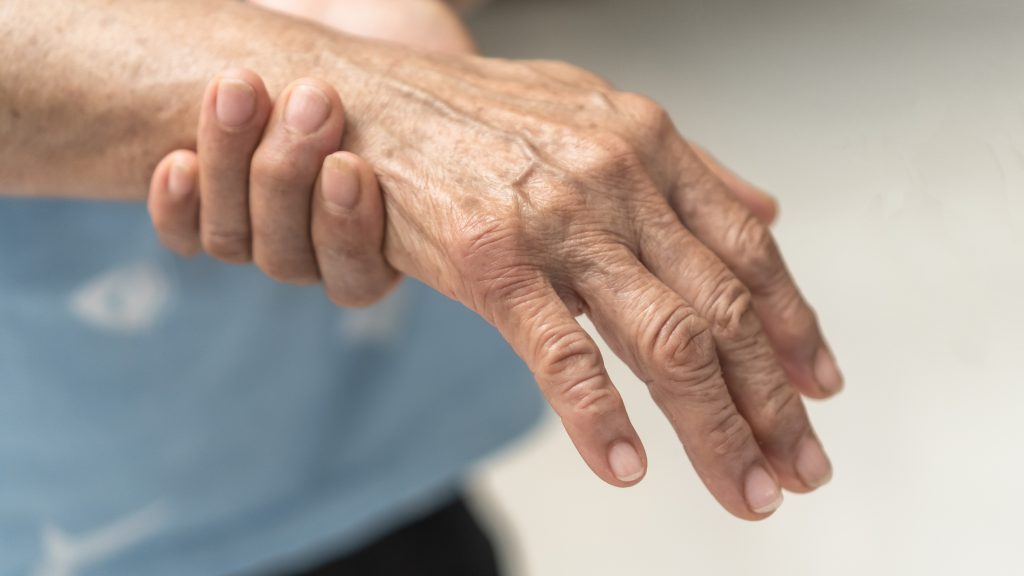Inflammation and aging

Inflammation and aging
If you’ve ever cut your finger or bumped your knee, then you’ve experienced inflammation. But did you know that inflammation increases with age? Inflammation can be the root of many diseases and plays a key role in aging.
The good news is that a few simple lifestyle and diet changes can help you reduce inflammation as you get older.
Let’s look at what inflammation is and how to control it.
What Is Inflammation?
When your body is injured, the area that is hurt may turn red, swell, and feel warm to the touch. That’s inflammation — your body’s way of fighting off infection and healing the damage.
Inflammation can be either acute or chronic.
Acute inflammation is short term and is your body’s response to injuries, illnesses and infections. For example, when you bump your knee, you feel immediate pain. Over the next few hours your knee may swell, feel warm and grow red as your body sends fluid and white blood cells to the area. After several hours to several days, these symptoms diminish until it’s like your injury never happened.
However, it’s greatly influenced by lifestyle, with chronic inflammation, your body wrongly signals that there is an issue of some kind, leading to persistent inflammation that goes largely undetected. Chronic inflammation has been linked to serious health conditions like type 2 diabetes, stroke, cancer, Alzheimer’s disease, heart disease and more.
Chronic inflammation symptoms include:
- Feeling tired all the time
- Unexplained muscle aches and joint pain
- Stomach issues including constipation or diarrhea
- Gaining weight
- Headaches
- Skin rashes
The link between inflammation and aging
Inflammation contributes to premature aging by directly and externally damaging your cells and tissues. When your cells aren’t functioning properly, they’re more vulnerable to problems and die off more readily.
Chronic inflammation also triggers a sustained attack on collagen, weakening and breaking down this protein fibre found in your body’s connective tissue. That’s dangerous considering that collagen is your body’s support structure — it basically holds everything together and is a vital part of skin, cartilage, joints, bones, tendons and more.
Preventing inflammation
You can reduce and even prevent chronic inflammation by making simple but important lifestyle changes.
Consider your diet. Eat anti-inflammatory foods every day:
- Fruits (e.g., cherries, blueberries, strawberries, tomatoes, and oranges)
- Green, leafy vegetables (e.g., spinach, kale, and collards)
- Nuts and seeds
- Whole grains
- Fatty fish (e.g., salmon, sardines and tuna)
- Healthy oils (e.g., olive oil)
Eliminate inflammatory foods that are processed and high in added sugar:
- Soda
- Fried foods
- White bread, cookies and cakes
- Red meat
- Sugar-sweetened beverages
Change your lifestyle. Get 30 minutes of cardio five days a week, and incorporate strength training two days per week.
You can also:
- Manage your weight. Lose weight, if you need to
- Get enough sleep each night
- Consume alcohol moderately
- Stop smoking
- Reduce stress
Don’t let aging or inflammation scare you. As long as you are properly informed, you can manage these conditions and age well.
Bayshore Home Health offers a wide range of home care services to help Canadians live independently for as long as possible. Contact us at 1-877-289-3997 for details.
